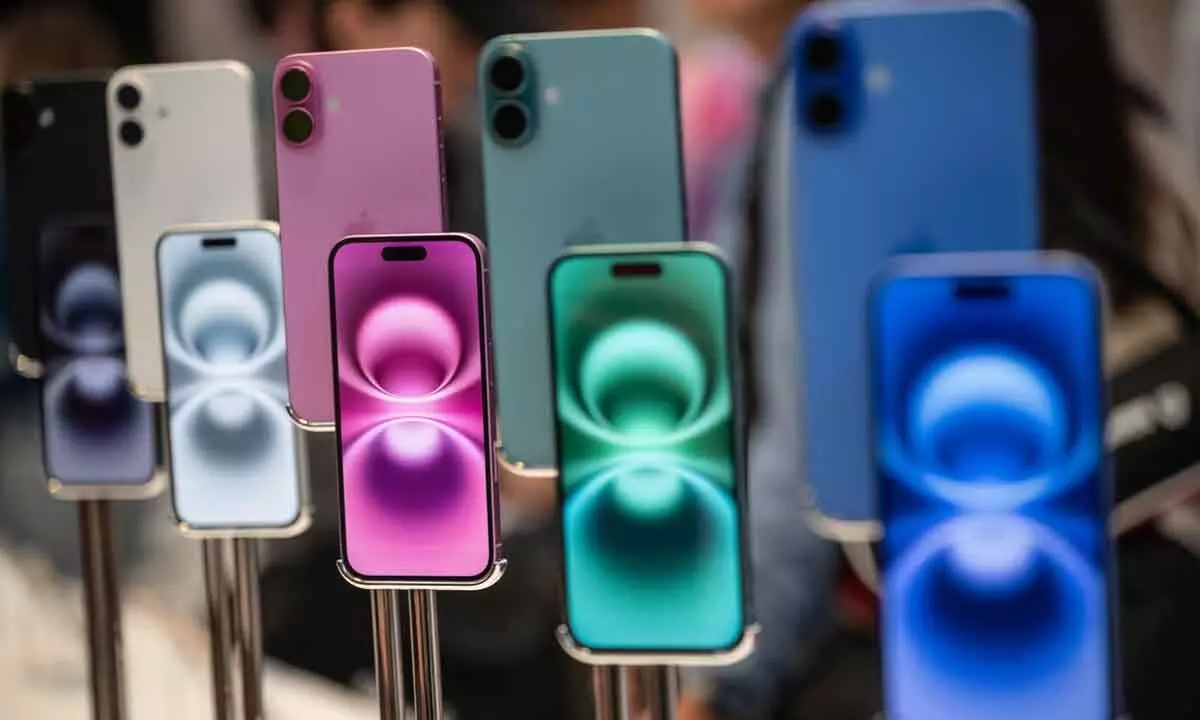Apple’s $100 Million Bid to Reverse iPhone 16 Ban in Indonesia

Apple highlights its commitment toIndonesia'stechmarketbyproposing a $100 million investment to overturnthe county's iPhone 16ban.
Apple made the most ruthless move to regain access to Indonesia's lucrative market by trying to overturn the selling prohibition executed on its line of iPhone 16. the ban, instituted in October 2024, was prompted by Apple's failure to live up to a $109 million investment commitment in the region. In a bid to rectify matters, the company has indicated an intention to invest $100 million over the next two years in an effort to comply with requirements set by the government and regain ground in Southeast Asia's largest economy.
Why Was the Ban Imposed?
According to a Bloomberg report, the Indonesian government halted iPhone 16 sales due to Apple falling short of its promised investment by $14 million. Additionally, Apple did not fully comply with Indonesia’s mandate that 40% of components for products sold locally be sourced from within the country. Indonesia'spolicies havealsohitGoogleonitsownbehalfthroughitsPixel 9 series,whichwasrestricted due to this failure to meet the required investment amount.
Apple’s New Investment Proposal
Apple has ramped up its investment efforts to mend its relationship with Indonesian authorities. The company plans to inject $100 million into the region, a significant increase from its previous $10 million offer. Thefunds will likely be utilized inlocal manufacturing,whichfeaturesan accessories and components factory in Bandung.Apartfromdoingso, the companylaunched Apple Academies in Indonesia,takingonalong-termviewoftheirdevelopments.
The Indonesian government hasnotofficiallycommentedonApple's latest proposal,butanalysts believethatthisoffer couldresultintheliftingofthe ban. For Apple,access to278 millionconsumersin Indonesia,largelycomprisingyoungindividuals who aretech-savvy,isvery important.
WiderConsequences
This means that Indonesia's strong stand on local investment requirements challenges multinational enterprises because an international technology company may not be interested in expanding its operations in this region due to policies encouraging its local counterpart to venture into local investment.
If Apple’s proposed investment is approved, it could bolster its relationships with key partners like Foxconn, which supplies essential components. The result of this negotiation will influence not only Apple’s future in Indonesia but also the country’s standing as an attractive destination for foreign investment. Apple's move underscores its commitment to resolving disputes and expanding its footprint in one of the world’s fastest-growing markets.















